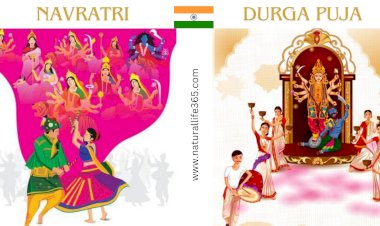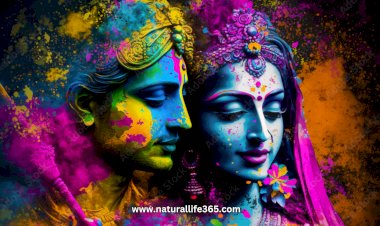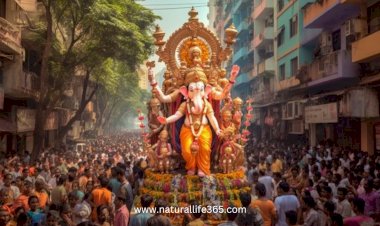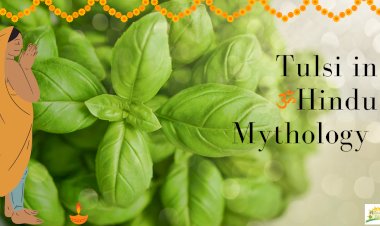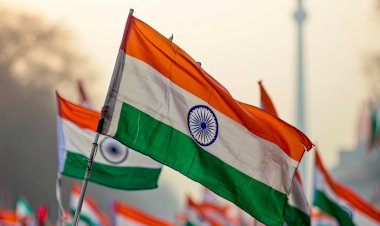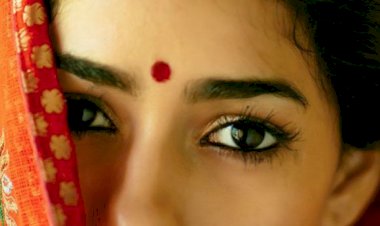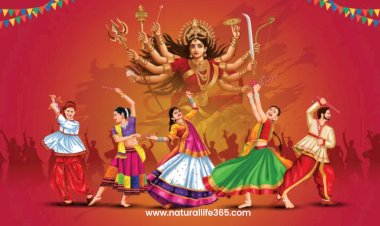Pohela Boishakh 2025: How the Bengali New Year Ushers in a Fresh Start in West Bengal
Celebrate Pohela Boishakh with insights into its rituals and traditions, marking renewal, prosperity, and cultural vibrancy.
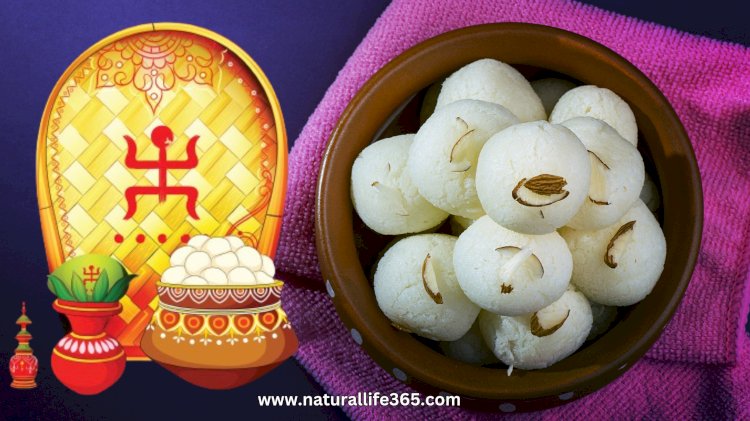
Every April, as the Bengali spring gives way to the intense summer heat, Kolkata transforms. The city—always alive—bursts with even more energy: shops freshly decorated, sweets lovingly prepared, music in the air, and a collective spirit of renewal. This is Pohela Boishakh, the Bengali New Year, and in West Bengal, its celebration carries deep cultural, historical, and emotional weight.
In 2025, Pohela Boishakh will be celebrated on April 15th, although it's important to remember that the date can vary each year, as it follows the traditional Bengali solar calendar, not the Gregorian one. Unlike in Bangladesh, where the date was officially fixed to April 14th, in India it’s determined by the solar transition (Mesha Sankranti) and usually falls between April 14th and 15th.
But beyond the date, the spirit of Pohela Boishakh remains constant: a fresh start filled with symbolism, community, and cultural pride.
Why Is Pohela Boishakh Celebrated? The Origins of Bengali New Year in India

The Bengali New Year has both astronomical and agricultural roots. The traditional Bengali calendar, followed in West Bengal, is based on the solar movement and closely tied to the agricultural cycle.
During the reign of Emperor Akbar in the 16th century, a modified version of the Hindu calendar was introduced to align tax collection with the solar year. This allowed farmers to pay their taxes after the harvest, making it a fairer system.
Over time, this calendar became part of everyday life, establishing Boishakh as the first month of the Bengali year. Thus, Pohela Boishakh (literally, "first day of Boishakh") was born—a day that marks not just a new agricultural cycle but also spiritual, economic, and social renewal.
Traditions of Pohela Boishakh Bengali New Year: Rituals That Stand the Test of Time

In West Bengal, and especially in Kolkata, the day begins early with a visit to a temple, such as Kalighat, Dakshineswar, or smaller local shrines. People wear new clothes, often in white, red, or golden tones, symbolizing purity and prosperity.
A time-honored tradition is the “Haal Khata”, where business owners close the previous year’s ledger and open a new one. Loyal customers are invited in, offered sweets, and blessed entries are written into the fresh accounts. This act represents a new economic cycle filled with hope and the clearing of past debts—both literal and symbolic.
Warm greetings like "Shubho Noboborsho" are exchanged, and messages flow between family and friends. Streets in neighborhoods like Gariahat, Hatibagan, College Street, and Lake Market buzz with last-minute shopping and festive joy.
Culture at the Core: Cultural Significance of Bengali New Year Celebrations
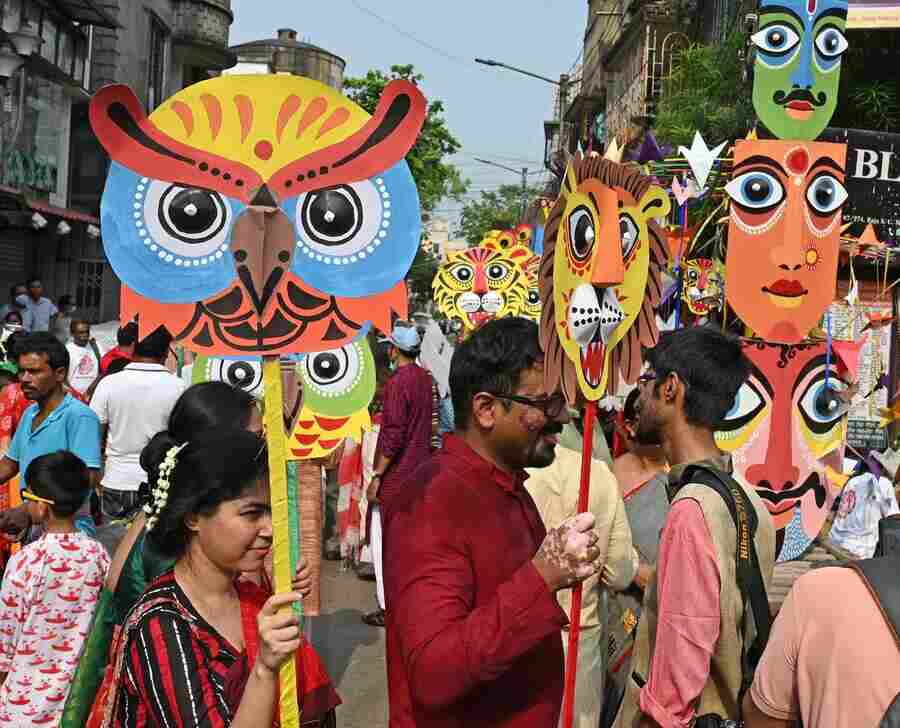
The cultural significance of Bengali New Year celebrations in Kolkata is powerfully expressed through its love for art, literature, and music.
During Pohela Boishakh, cultural institutions such as Rabindra Sadan, Nandan, and the Academy of Fine Arts host special programs including:
- Rabindra Sangeet concerts featuring the timeless songs of Rabindranath Tagore
- Poetry recitations and traditional theater performances
- Book fairs and new literary releases
- Local art exhibitions and street performances
This cultural immersion makes Pohela Boishakh a celebration that doesn’t just mark time—it reaffirms Bengali identity, honors intellectual heritage, and proudly showcases its artistic legacy.
A Taste of Tradition: Typical Bengali New Year Food in Kolkata

The culinary experience of Pohela Boishakh in Kolkata is far from simple. It’s a feast that blends tradition, flavor, and symbolic meaning. And it’s not just about sweets—fish, festive vegetarian dishes, and handmade desserts play a central role.
Traditional dishes often include:
- Shukto: A bittersweet mix of cooked vegetables with neem or bitter gourd, symbolizing acceptance of life’s challenges.
- Begun Bhaja: Fried slices of eggplant, crisp and comforting.
- Chholar Dal: Chana dal cooked with coconut and spices, usually served with luchi (deep-fried puffed bread).
- Bengali Pulao: Lightly sweet rice with dry fruits, paired with rich curries.
- Maachher Jhol: A quintessential Bengali fish curry, typically with ilish (hilsa), rui (rohu) or katla. Fish is a symbol of good fortune and abundance.
- Mishti Doi: Sweetened curd, a beloved classic.
- Sandesh, Rosogolla, and Payesh: Milk-based sweets, some made with jaggery (gur), especially prepared for this occasion.
Whether cooked at home or enjoyed at iconic restaurants like 6 Ballygunge Place, Oh! Calcutta, or the timeless eateries of North Kolkata, sharing this meal is essential to experiencing the true spirit of Pohela Boishakh.
How to Celebrate Pohela Boishakh 2025 in Kolkata: A Practical Guide

Here’s a straightforward guide on how to celebrate Pohela Boishakh 2025 authentically and joyfully:
- Visit a temple early in the day
Start with prayers and good intentions for the year ahead. - Wear new clothes
Red, white, or gold outfits are symbolic of purity and fresh beginnings. - Participate in the “Haal Khata” if you own a business
Invite regular clients, serve sweets, and bless your new financial records. - Explore cultural events
Check out Rabindra Sadan programs, book fairs, or live concerts in public parks. - Share a grand family meal
Cook a traditional Bengali spread or dine out—make food a ritual of celebration. - Offer sweets or small gifts
To neighbors, workers, or relatives—it’s a simple way to spread happiness. - Disconnect from work and reconnect with your roots
Read about the Bengali calendar’s history, listen to traditional music, or swap memories with elders.
More Than a Date: A Reminder of Identity and Hope
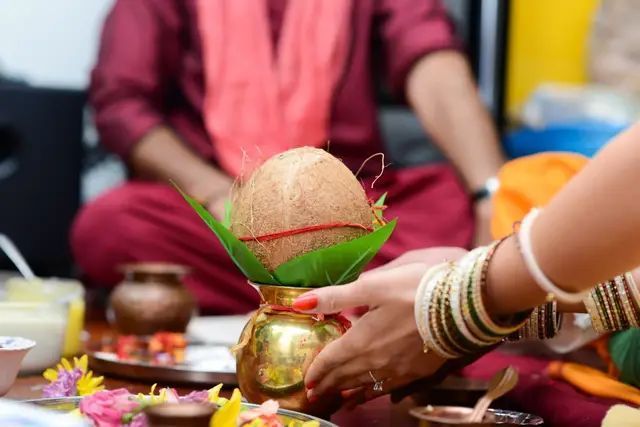
Pohela Boishakh is not just the beginning of a new year—it’s a collective reaffirmation of who we are. In a city like Kolkata, where tradition dances with modernity, this day keeps the Bengali spirit alive: through art, language, spirituality, community, and flavor.
The traditions of Pohela Boishakh Bengali New Year not only endure, they evolve—passed down through generations, adapting but never losing their core. They remain the anchor for a community proud of its past and open to its future.
So this April 15th, 2025, wherever you are—on a bustling street in Kolkata, in a quiet village in Bengal, or abroad—celebrate with heart. Wear red and white, share sweets, sing, reflect, and say it out loud:
Shubho Noboborsho!
May the Bengali New Year begin with meaning, purpose, and joy.









